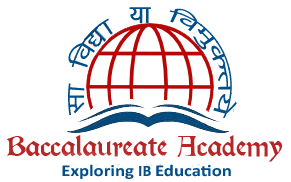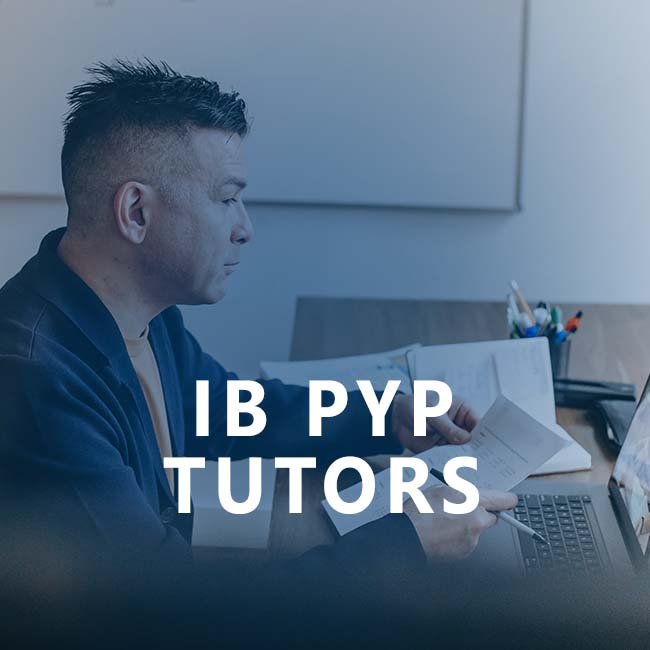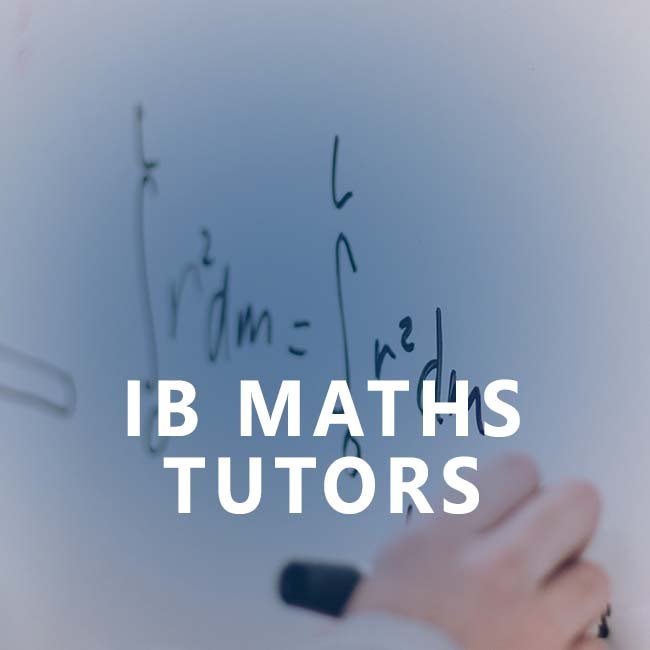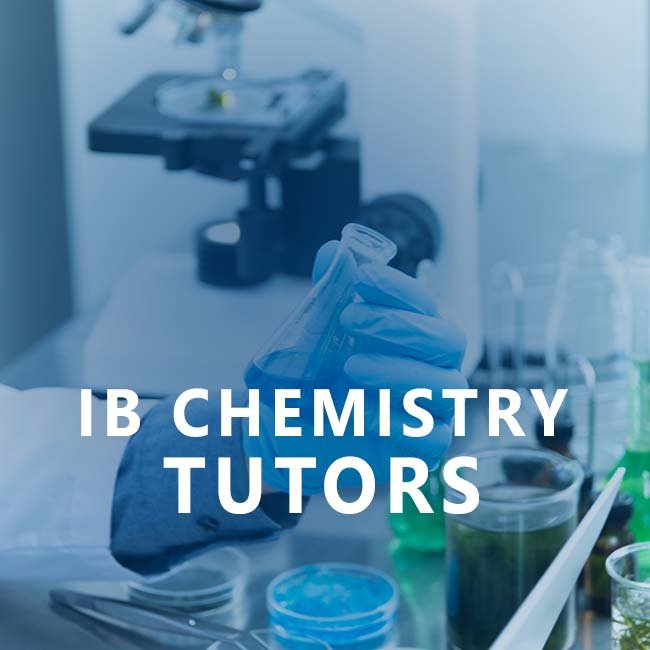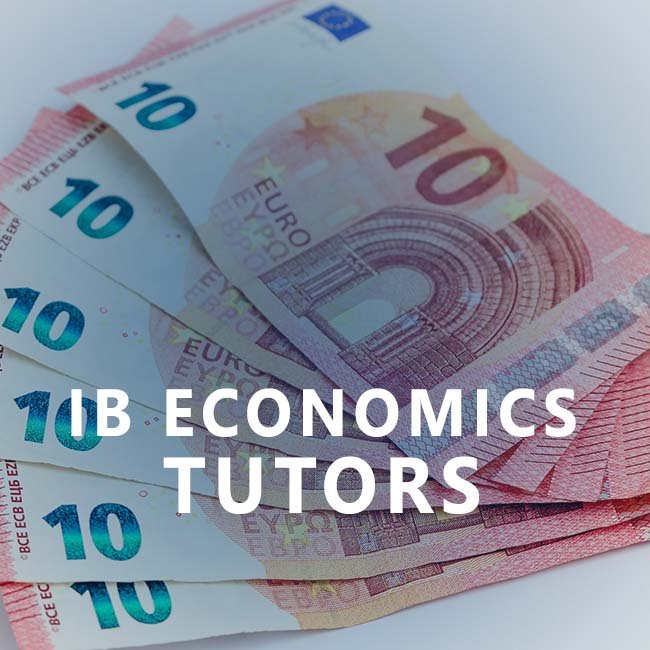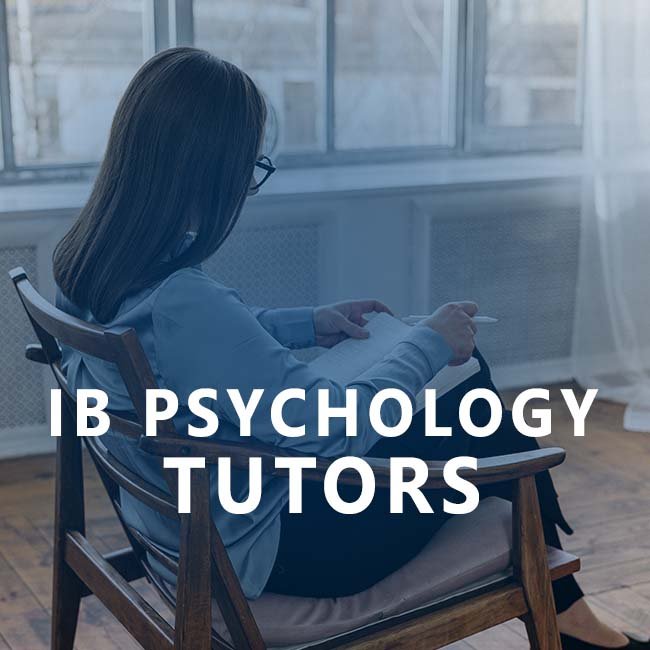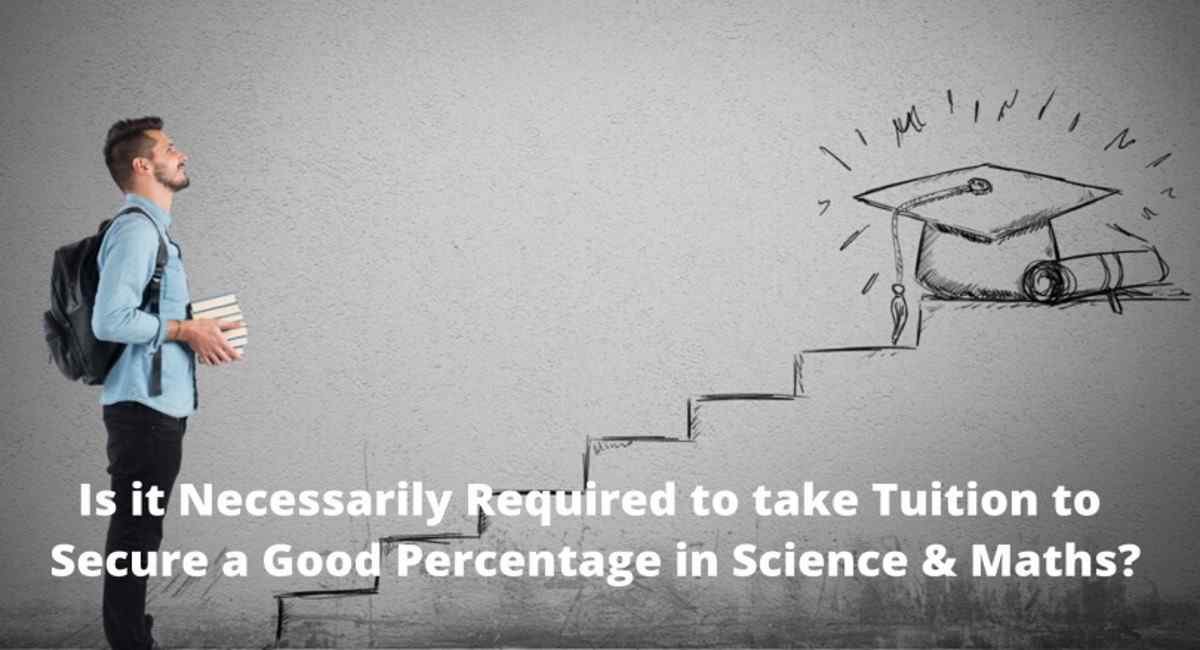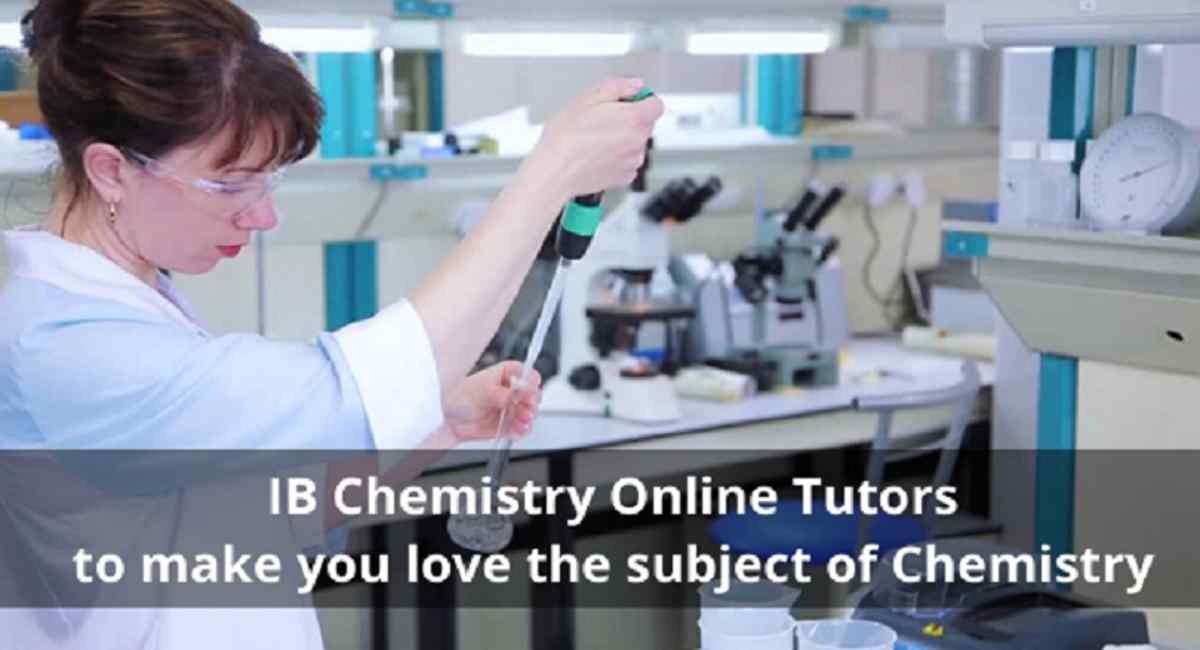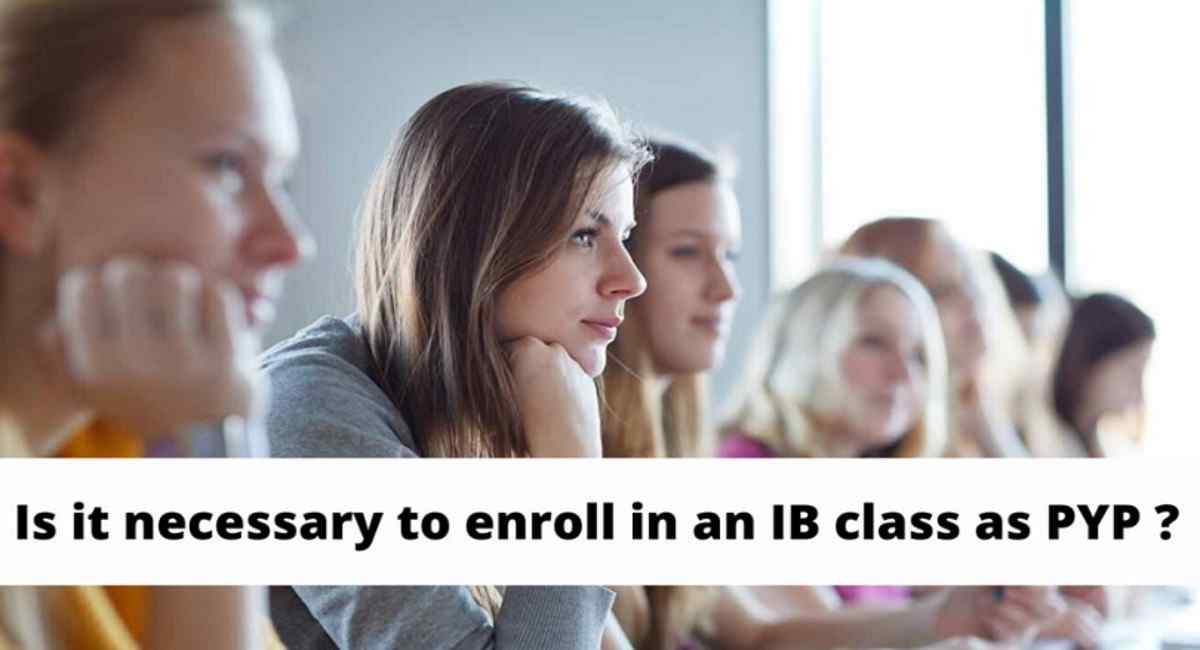One of the major challenges faced with the students appearing for SAT/Act exams is…

Join the Global Community of IB DP, MYP & PYP Learners at Baccalaureate Academy
At Baccalaureate Academy Holistic education opportunities are provided through an array of Online IB Tutors and activities that engage and challenge students at all stages of development. Here, we are committed to providing excellent education that prepares students for life beyond school. We believe that with our challenging curriculum, well-qualified teachers, and supportive community, we create the right conditions for learning and student success. Baccalaureate Academy is a leading learning institution fostering young minds to love being lifelong learners. Our vision is to develop inquiring, knowledgeable young scholars who will transform our world through intercultural understanding and respect.
We have completely transformed the way of tuition at Baccalaureate Academy for IB students by incorporating our differentiating factor – An established study system and an organized method that produces faster and larger grade increments. We foster academic and personal growth to ensure that every student extracts the best possible version of themselves.
Our expert team of IB tutors comprises professional educators who are rigorously trained on the IB curriculum. Our IB Tutors come with a track record of success and an extensive knowledge of how the International Baccalaureate works, so you can be guaranteed to receive nothing but the best education.
Making Learning Easy Through IB Online Tuition

Baccalaureate Academy offers IB online tuition by making use of interactive educational tools and creative methods. We are available to students globally as we believe that high-quality education has no geographic boundaries.
We also provide IGCSE online tutoring for our younger patrons. Our experienced tutors have the perfect expertise to create an individualized schedule based on your child’s unique requirements to help them flourish academically.
At Baccalaureate Academy we are devoted to give our students a memorable, enriching, and life-changing educational experience.
We help our students become academically ambitious, independent learners who achieve the best grades they can. To ensure this happens we provide tutors for IB Math, IB Physics, IB English, IB Economics, IB Biology, and IB MYP along with required support, and guidance tailored to meet their individual needs to succeed in their chosen path.
Become a part of the Baccalaureate Academy learner community today. We are excited to get to know you! Our admissions team will work with your family to make sure our school is the right fit for your Online IB Tuition. Diversity, creativity, and academic excellence await!
Please contact us directly if you have any questions regarding applications, and a member of our admissions outreach team will respond as soon as possible.

Welcome to Our Online Education
Welcome to Online Learning. You have taken the first important step in your life by visiting Us. Choose your course and explore!
Finding Home Schooling Difficult: Take Help from Our IB Online Tutors
One to One IB Tutoring
We are helping hundreds of students from different countries on one to one basis and making them achieve their target easily. Our prime goal is to help IB Students score a 7 point in each subjects. We are also supporting IGCSE candidates to score A* in their subjects.

Flexible Schedule
Our IB tutors are quite flexible in their availability. Our IB online tutors work as per different time zones of various countries and prove their commitment of supporting IB students in all possible way. Our IB tutors are working in time zones of United States, Europe as well as Gulf countries.

Professional IB Tution by Baccalaureate Academy
Course Learning Cycle
Develop a passion for learning. If you do, you would never cease to grow. We
fuel your passion at Online Learning!

First
Visit us and Enroll you
Search for Baccalaureate Academy to visit the website, then submit the required details. This is our guarantee that your data will remain safe and secure with us.

Second
We will Revert Back
After your submission, our executives will contact you as soon as possible for complete information and give you proper instructions about your desired course.

Third
Let’s step with your course
Start your course with Baccalaureate Academy to advance your career. Our methods will ensure you are headed in the right direction.
Join Now With Our Services
About Our IB Tutors

We hire Our IB Tutors through a tough and analytical process. After the selection, each IB tutoring goes through rigorous training sessions conducted by our highly experienced IB subject experts. After the competition of the training, our subject experts conduct the demo class test for the trained tutors. Once the trained IB tutors fulfill all the required parameters and expertise level in their respective subjects, then only they are provided new tutoring assignments.
Modern Era of IB and IGCSE
We are equipped with every latest and professional method to guide you in the art of IB and IGCSE courses. Your one click will determine how far you are from your learning. Choose your course and explore!
On-Time curriculum completion
It’s our promise to complete your course syllabus without any delay.
Visualize Technical Learning
Learn with cutting-edge technologies for improved comprehension.
Well experienced Teachers
We have professionals who are well-trained to teach you to accomplish the same.
Popular Courses
Get your Masters in any course you always wanted to master by Online learning….NOW!
IB TUTORS
Baccalaureate Academy is one of the leading institutes in the world which provide proficient and skilled IB tutors to support DP, MYP and PYP students.
IGCSE TUTORS
Baccalaureate Academy offer IGCSE tutors for the student studying IGCSE curriculum of grade ninth and tenth.
Featured Instructors
Our Top Instructor, where you get the Gold class guidance
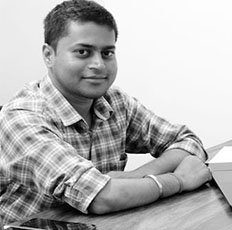
Nishit Kumar
Instructor

Praveen
Instructor
Our Latest Blog
There are two types of education. One teaches you how
to make a living and the other how to live. Online learning combines both!
Coaching is not always necessary for scoring 95+ in board exams just it takes…
With several complex concepts to grasp, IB Physics and IB Maths seem to be…
Many students, who opt for IB Chemistry Online Tutors, talk about their interest, their issues,…
IB Program is split up into two parts: Primary year program (PYP) for the students aged…
Learning never ends. Learn well! Grow well! Earn Well! Live Well! IB online tutor…
Teachers are confident

The teachers are confident and up to date with their knowledge in their specific fields. They handle weakness of every student with utmost care and sincerity. Being a pass out from this institution, I would surely recommend Baccalaureate Academy to every student who aspires to make a successful career abroad in future.
Great learning experience

It’s been a great learning experience till now, as I enrolled myself 2 years back in Baccalaureate Academy DP programme, the teachers I find and their teaching techniques especially in Maths and Physics is resolute and the tips they provide has helped me to clear my exams that I recently appeared for.”
Excellent Tutors

I joined Baccalaureate Academy last year for my medical exams, and I cant help saying but the teachers are thorough with their knowledge as they have helped me improve my problem solving skills very quickly. Their systematic approach is what makes them excellent tutors.
